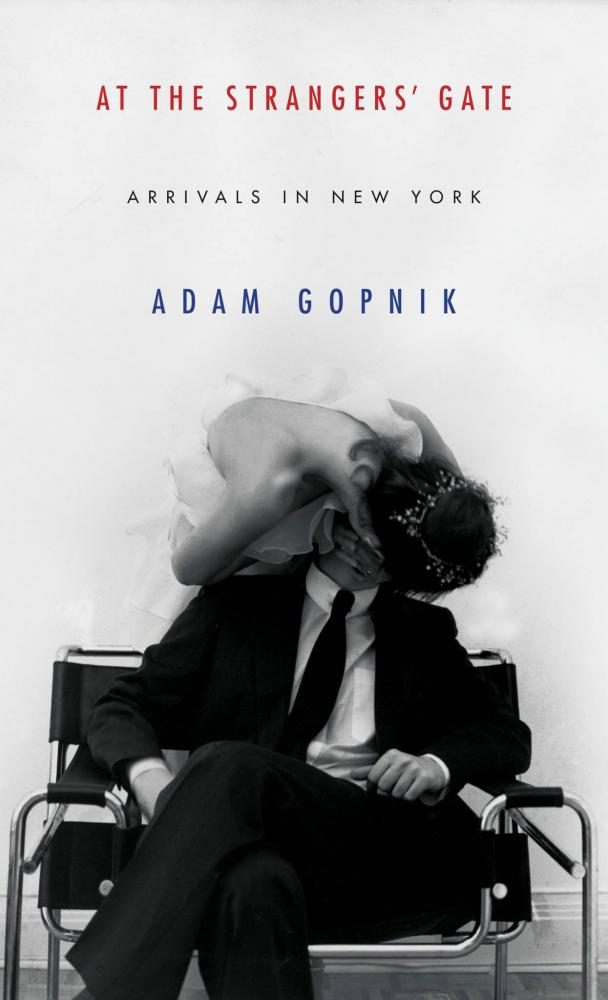‘At the Strangers’ Gate’ Book Talk with Adam Gopnik
Adam Gopnik’s memoir recalls a familiar story of the challenges of moving to New York City.
September 12, 2017
“A 9×11 room was the size of the universe that Martha and I shared,” Adam Gopnik confessed as he stared lovingly into the eyes of his wife Martha Parker. He reminisced on his memorable life as what could be called that of a true New Yorker while the audience gazed at him. Gopnik lounged in a spacious, deep-brown leather chair alongside Patricia Marx, a longtime friend of his, on the third floor of the Strand Bookstore. Immediately the two began to comment on the New York they were grateful to have witnessed — the New York of the 1980s.
Gopnik’s recent memoir — which was the center of his discussion — entitled, “At the Strangers’ Gate,” is incredibly insightful and even relatable for the people of younger generations. It tells the story of him and his wife as newcomers to the city, battling the many obstacles of living in New York, which of course included living amongst rodents, cockroaches and residing in the supposedly smallest apartment in Manhattan. From newcomers to expert New Yorkers, their journey is one of hilarity and humble perseverance.
The crowd at the Strand was mostly made up of elderly couples and a few middle-aged women. However, the streets of the 1980s resonated not only with the elderly crowd who roamed them but also to ambitious young New Yorkers. Gopnik proclaimed that he loved the vibe of the city with its loyal artists roaming the streets of SoHo, which at the time was the hub of modern art. It was home to aspiring artists, entertainers and writers much like today. Gopnik describes 1980s New York as the last time before the digital age dawned, which was a time he quite obviously relished. Today’s SoHo is a shopping central rather than the artistic studio-filled heart of Manhattan.
For those who are new to the city, or even for those who have lived here for years, the stories Gopnik tells are incredibly relatable and reassuring.
“Everyone, even the apparently powerful, is struggling inside with a raging fear of being unloved,” Gopnik said. “Or at least unappreciated, an emotion only magnified with the enormity of the city,” something that makes people feel more alone, though most New Yorkers inevitably experience this.
Through listening to Gopnik or reading his memoir, one can both revel in the memories of the past and conjure a new appreciation for the New York that exists today. As the cheerful, ambitious and eager young people of New York aspire to shape the voice of the future, there are still lessons to be learned that lie not always in front but possibly behind them. Authentic renditions of the past cannot be recreated, but Gopnik has done a sufficient job of emulating the lives of past generations.
Email Marissa Gabrione at [email protected].
























































































































































